There are plenty of manufacturers who present the brand of an already well-established company in a given segment to make their devices stand out and look more exclusive. Last year, there were rumors that something like this might happen Galaxy The S22 can be equipped with an Olympus camera lineup. That didn't happen, and Samsung phones still don't bear any reference to anything other than a domestic South Korean manufacturer.
But it is common practice elsewhere. Several Chinese manufacturers have been doing this for many years. OnePlus has teamed up with Hasselblad for the OnePlus 9 series. Vivo has partnered with the company Carl Zeiss, Huawei, on the other hand, has long-term cooperation with Leica. But Samsung may (and rightly) think that its camera is good enough on its own, and that it doesn't need a label from a famous manufacturer.
The company is well aware of the fact that making a good product is only one part of the equation. Effective marketing is just as important, if not more so. Communication around a new product must be strong and enticing enough to make customers open their wallets. Chinese OEMs have thus found that their partnerships with major camera brands are achieving their intended outcome, which is primarily to generate interest in their solutions. After all, the lure of a big brand is usually really enough to attract customers. That's why these partnerships are really strong and if they didn't work, they wouldn't be here a long time ago.
You could be interested in
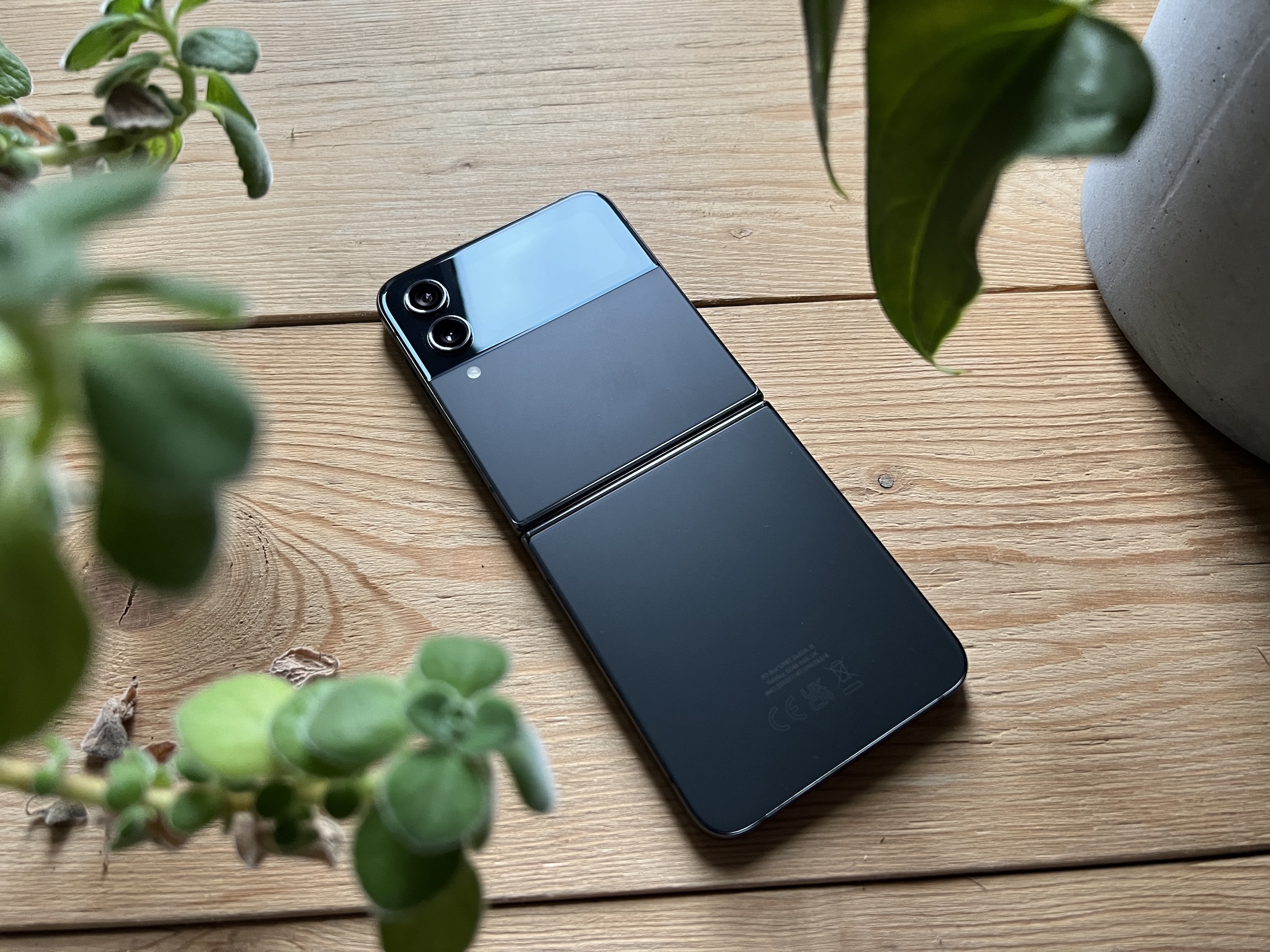
Bang & Olufsen, JBL, AKG, Harman Kardon and others
It can certainly be argued that Samsung does not gain much by having the camera manufacturer's logo on its flagship phones. It could also be related to the fact that Samsung sees itself as someone who is out of the league of these Chinese companies, or rather someone who is way above them. Indeed, Samsung quite possibly considers itself to be its only competitor in the segment of flagships exclusively Apple. In that regard, hell is more likely to freeze over than not Apple presented some other brand.
As Apple so Samsung probably doesn't feel the need to dilute its own brand value by pursuing a similar partnership either. However, the company can leverage its ownership of premium audio brands and achieve the same result without having to rely on a third party. As some of you may recall, Samsung purchased Harman International in 2016, acquiring premium audio brands such as Bang & Olufsen, JBL, AKG, Harman Kardon and more.
The company then uses these premium brands for its devices to a very limited extent. At first, she made a big advertisement for the delivery of AKG headphones, but that was already u Galaxy S8, however, does not highlight this brand much now. This year's range of tablets Galaxy The Tab S8 Ultra is equipped with speakers tuned by AKG, but you won't really find anywhere that Samsung relies heavily on AKG. At best, AKG is only mentioned in passing.
You could be interested in
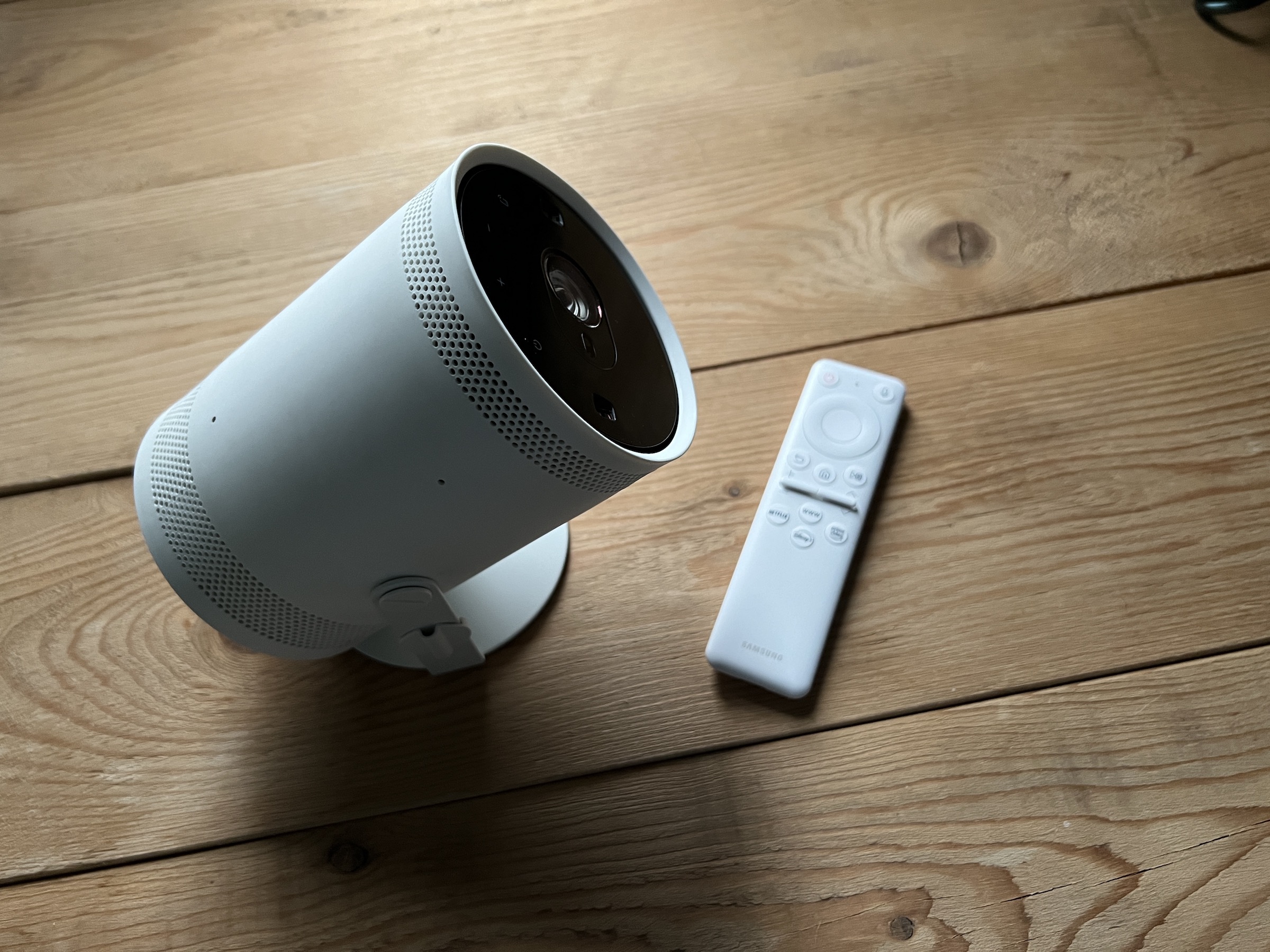
Top flagships of the range Galaxy With a Galaxy The Z should be proud of speakers tuned by Bang & Olufsen or Harmon Kardon, which is what the Galay Z Flip as a design device directly tempts. JBL is then a popular global audio brand in the lower segment and therefore would be the best fit for the range Galaxy A. Of course, it is not only about carrying a logo on the back of the device, but this "partnership" must also pay off with a technical solution. As technological progress is already quite limited with each new generation of devices, this more premium audio experience can help even expensive devices stand out from the competition. And that's for free when Samsung owns the company.
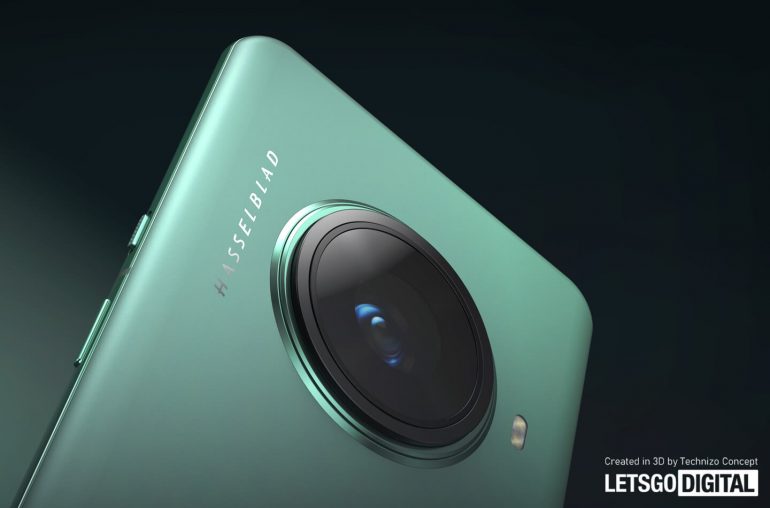
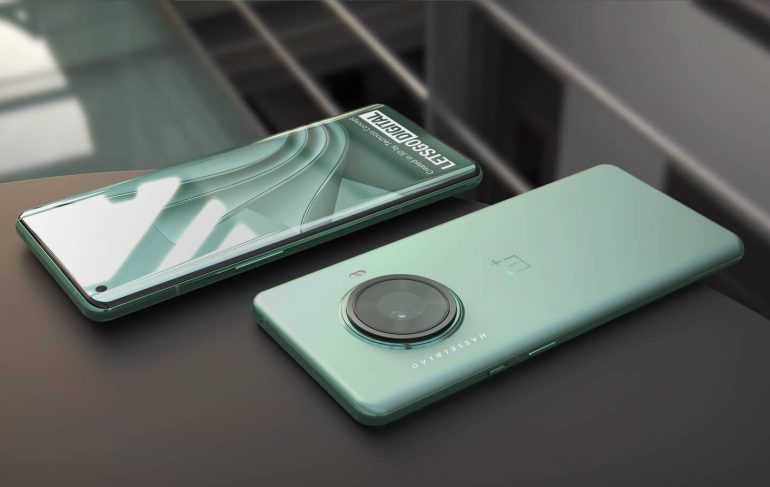

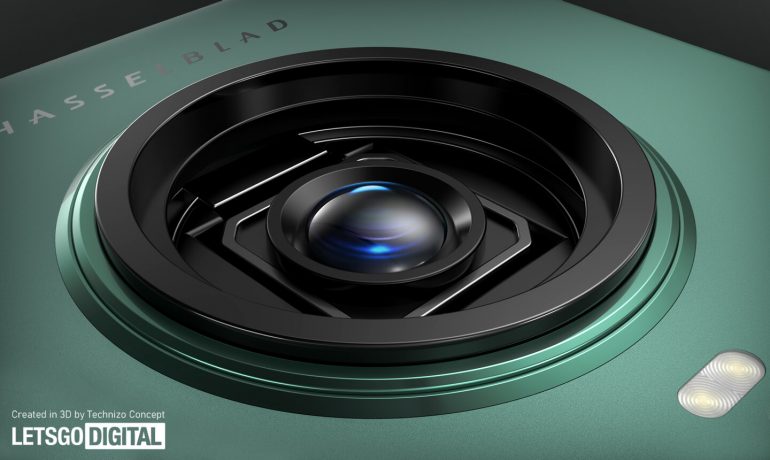
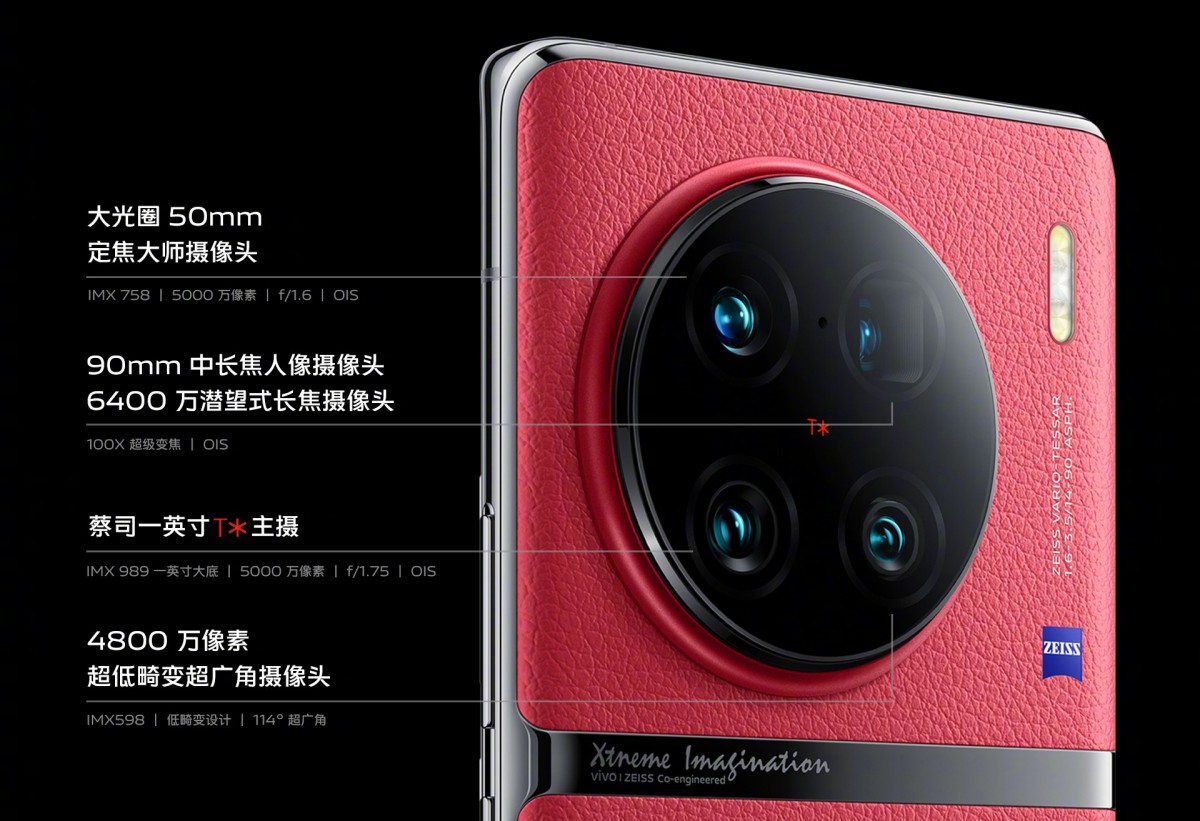
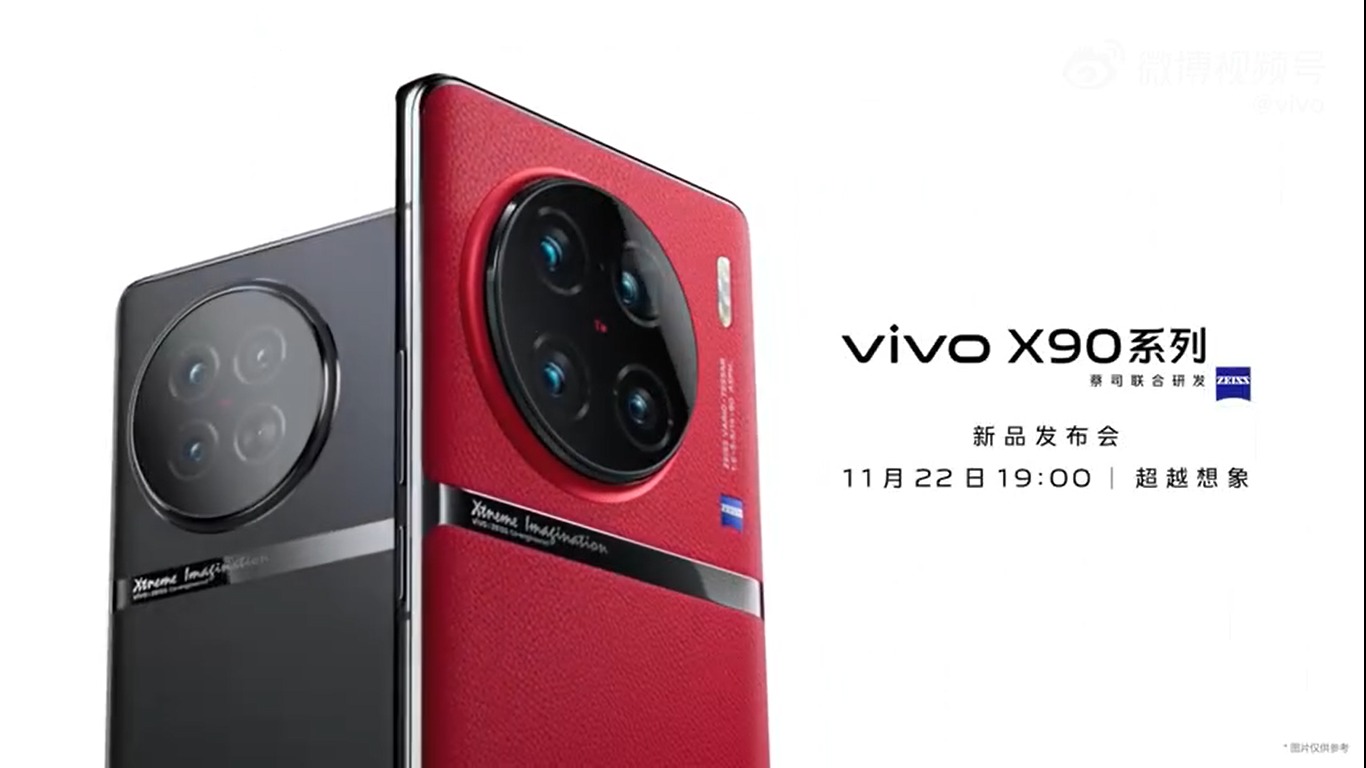
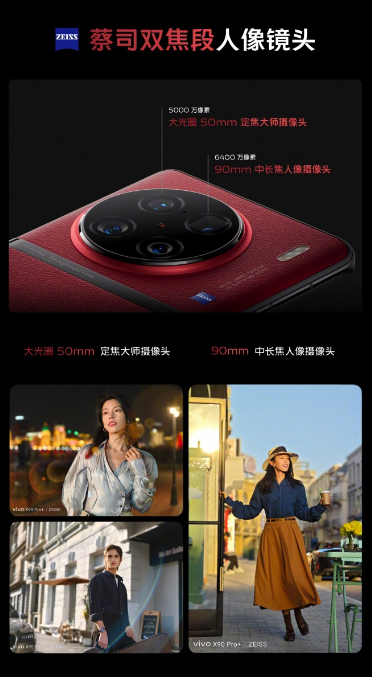
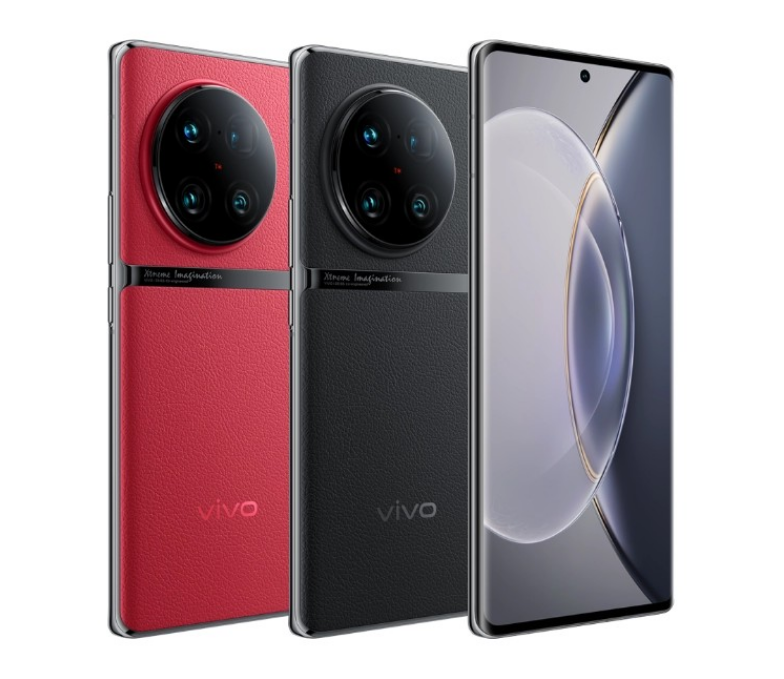
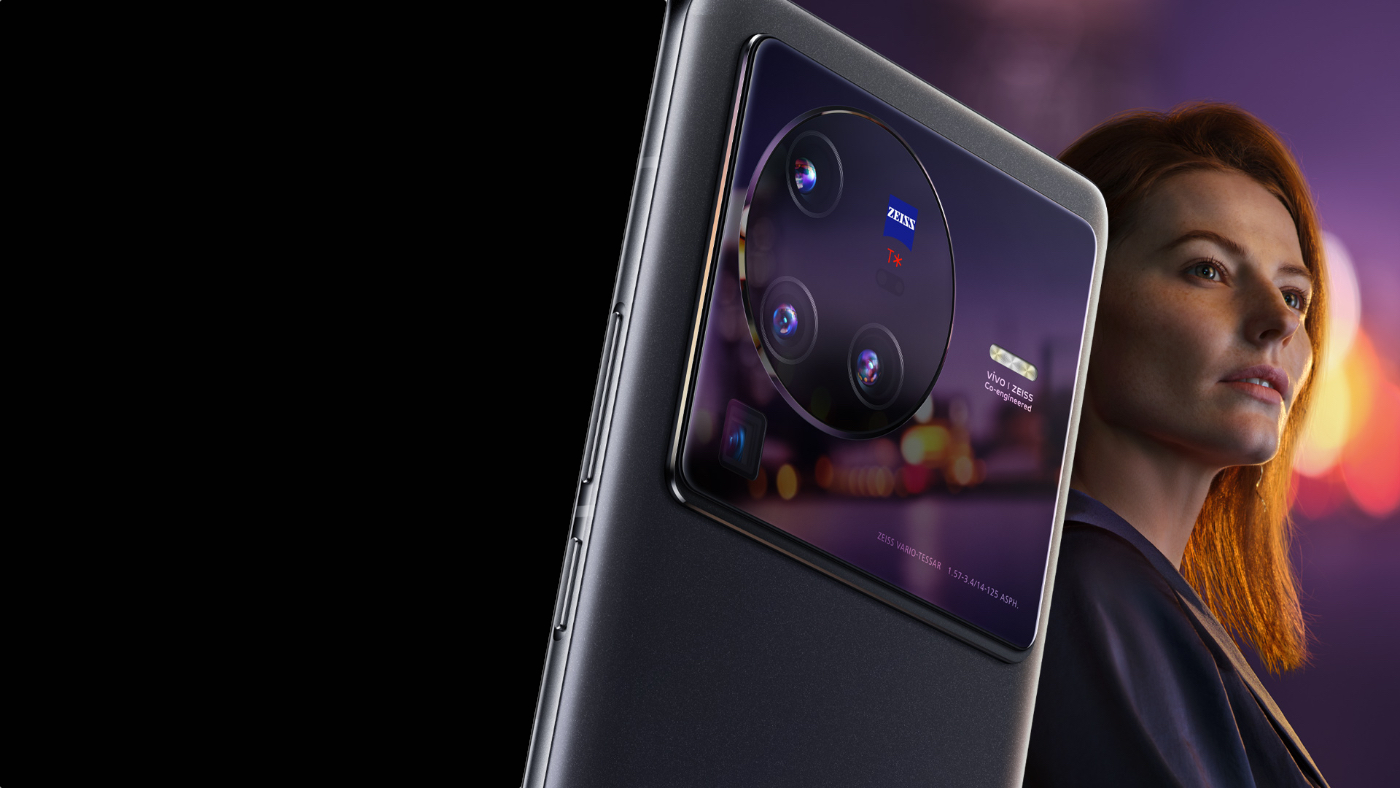


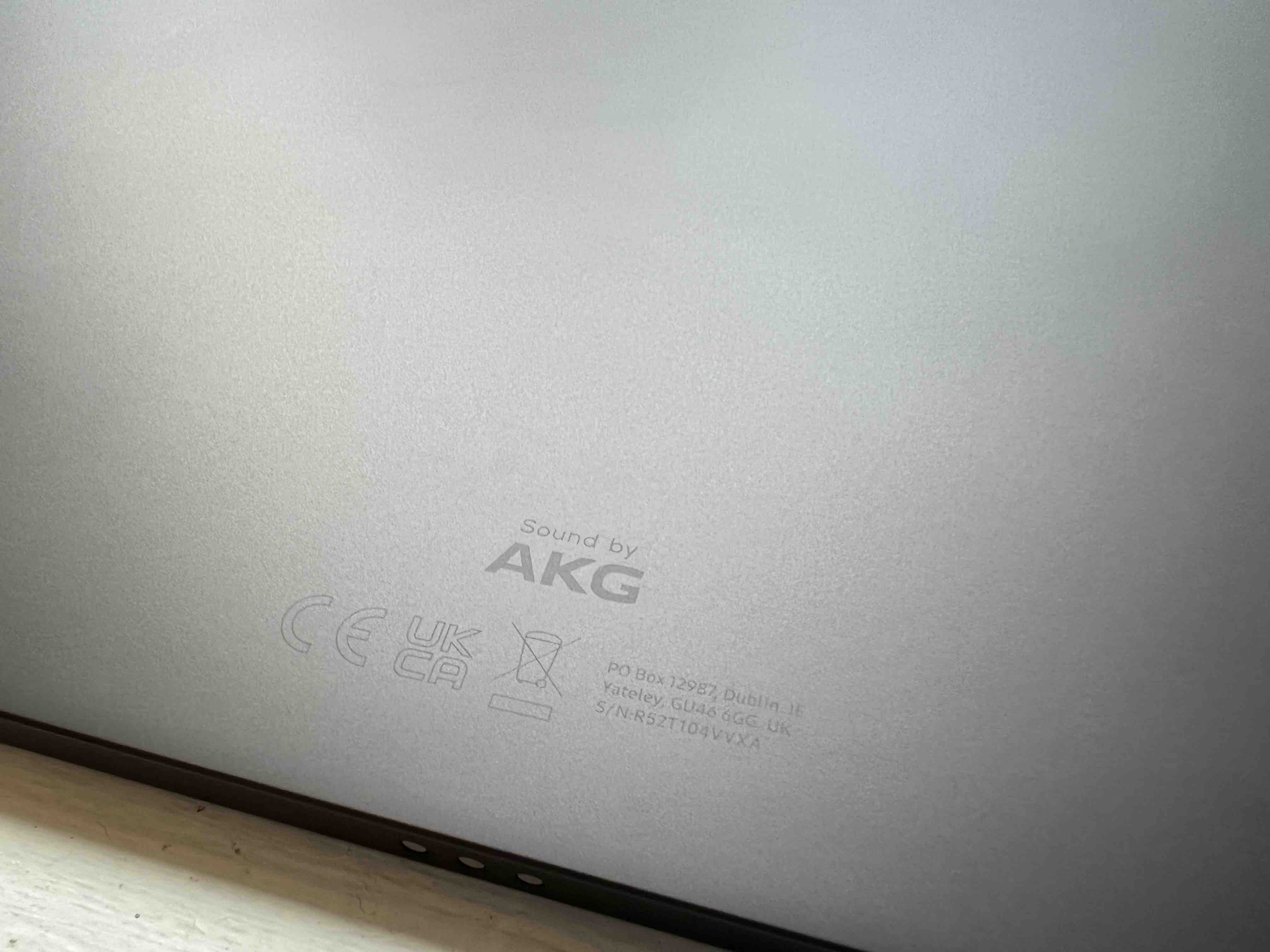

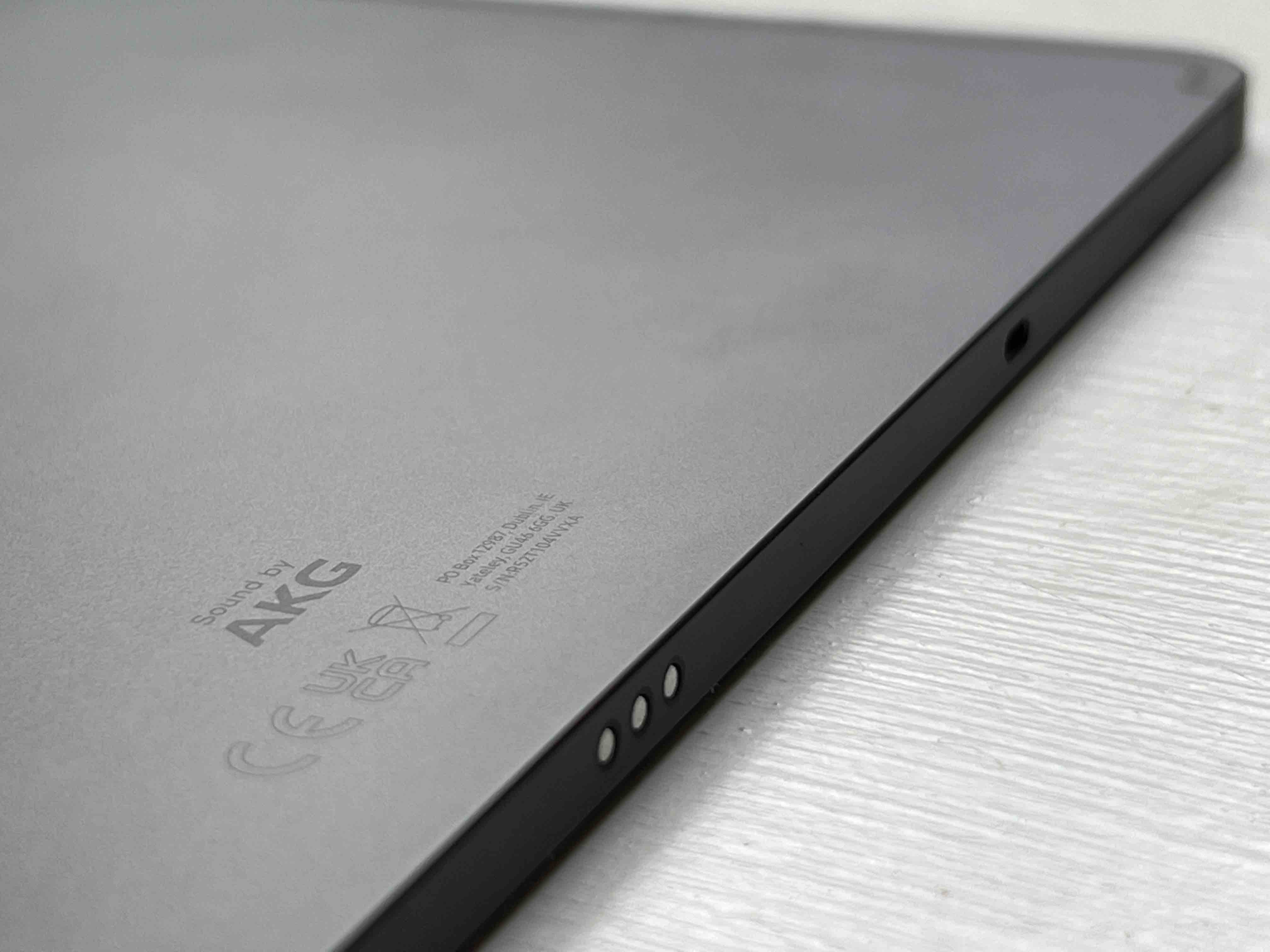
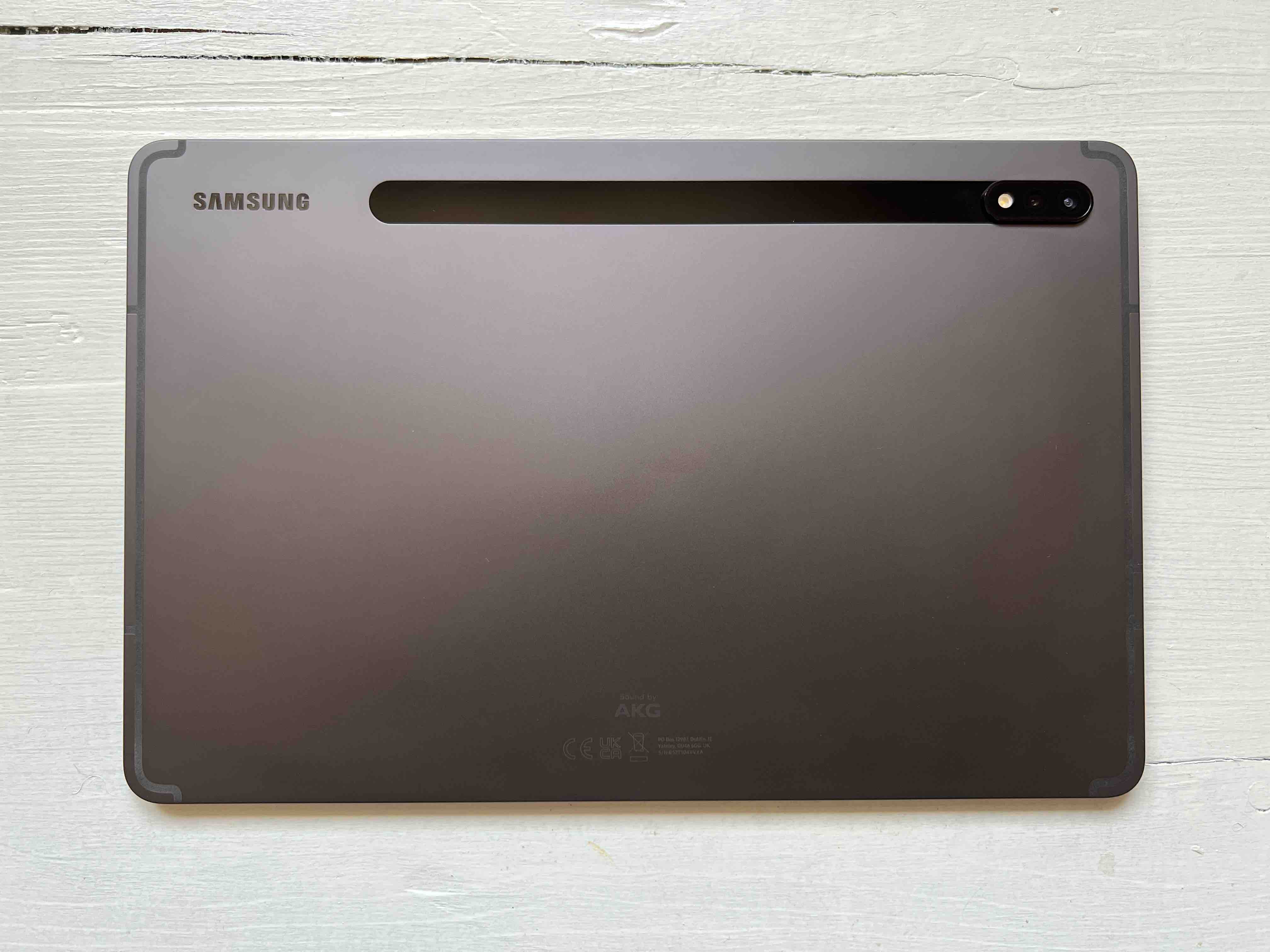
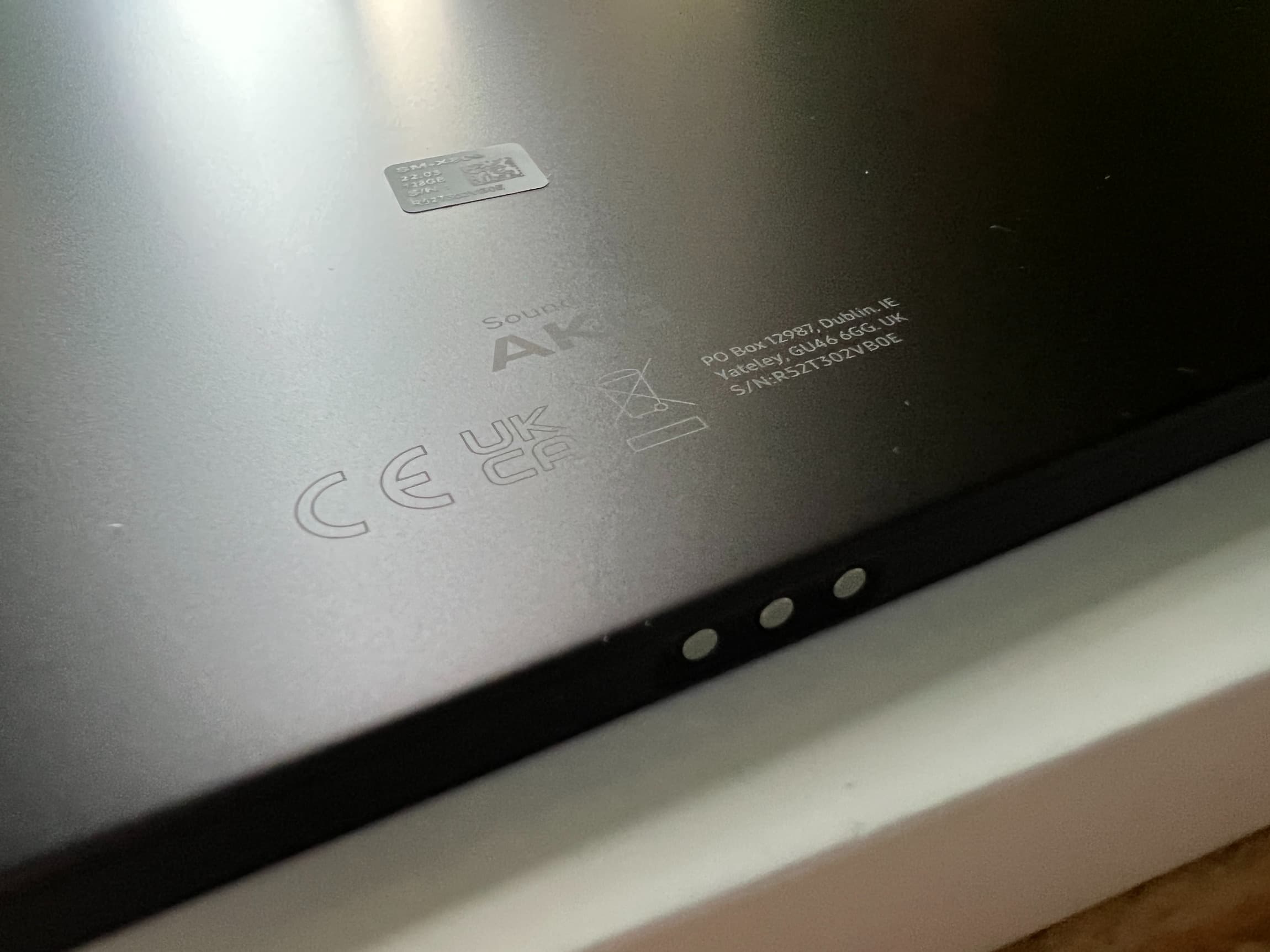
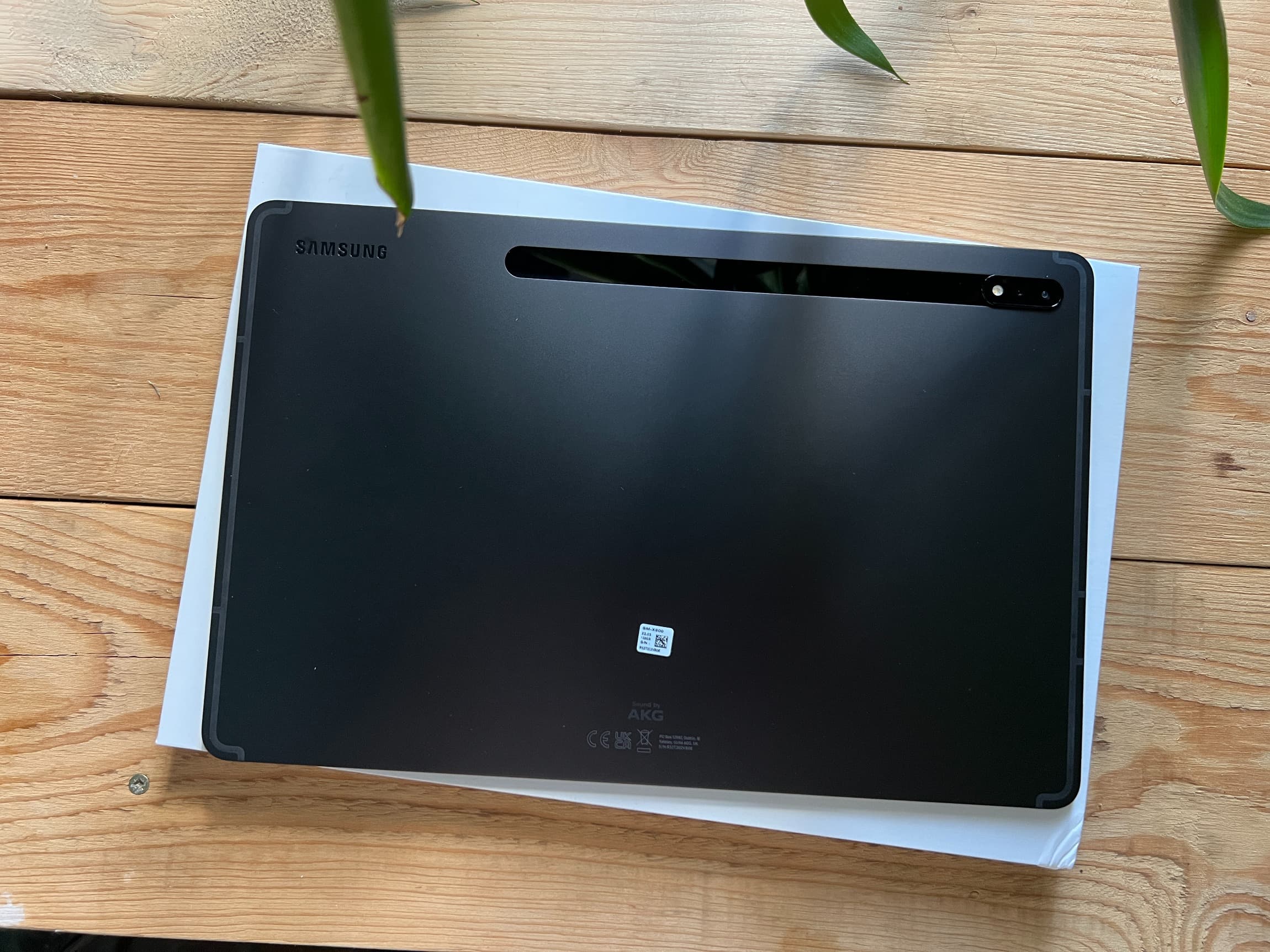
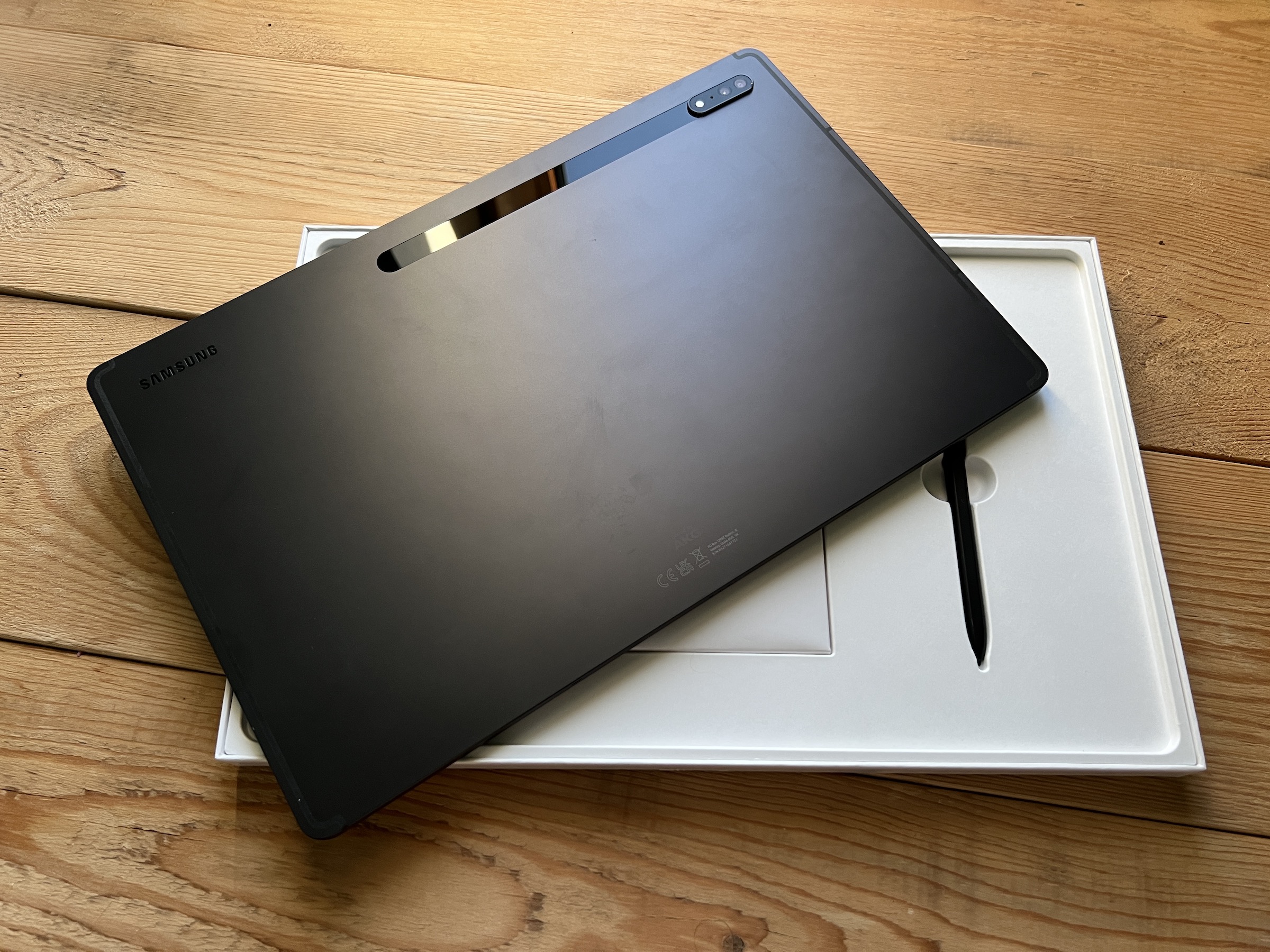

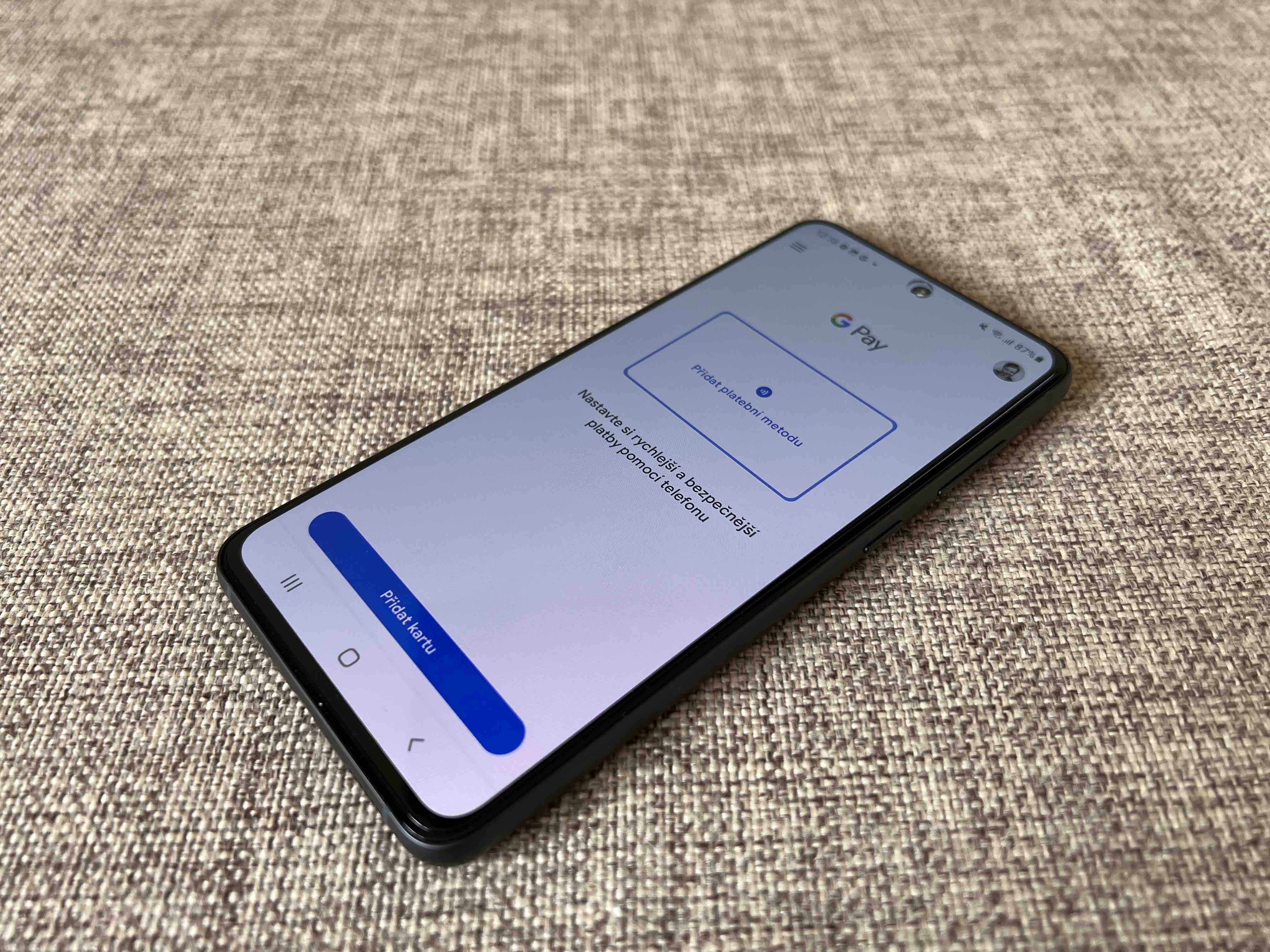
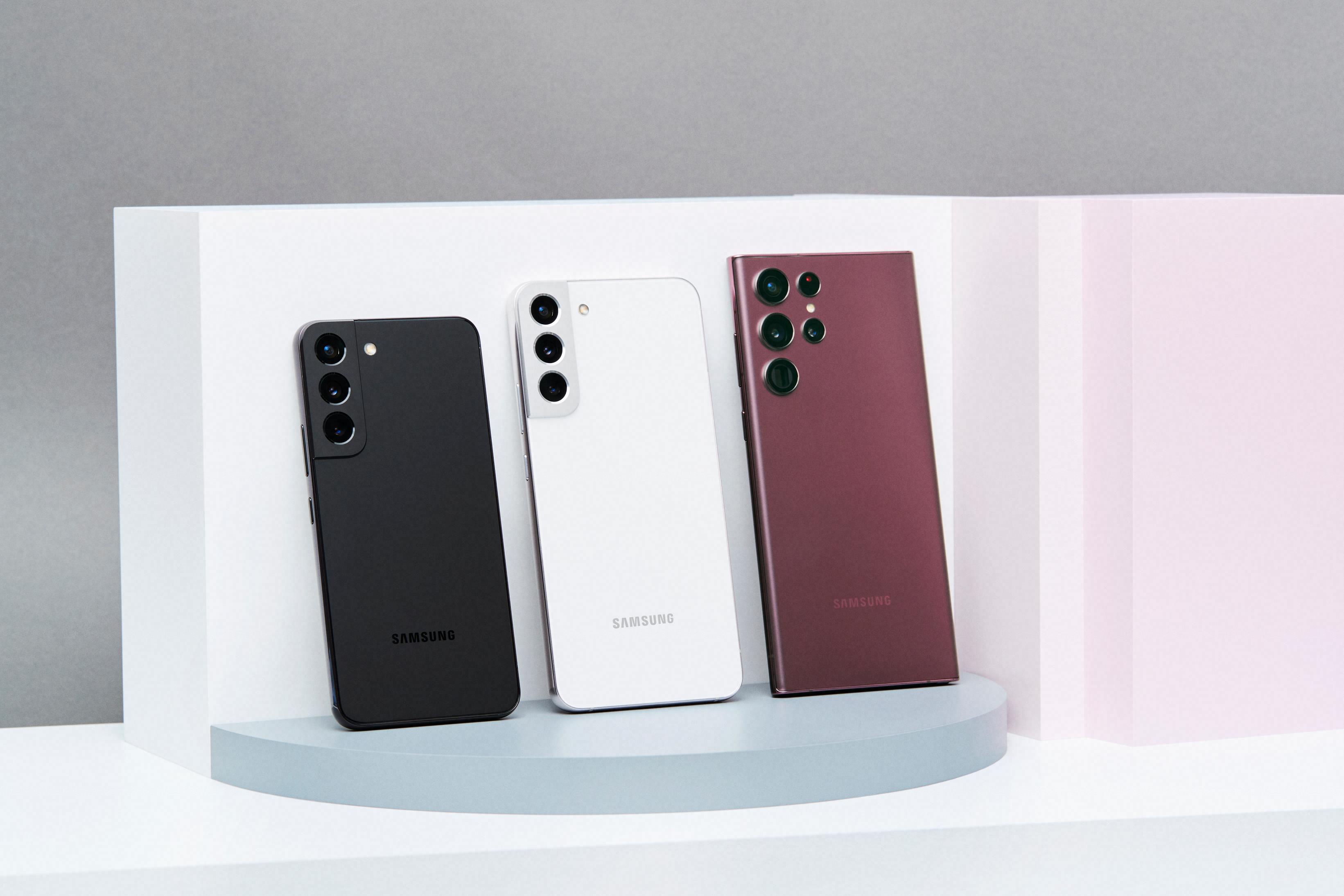
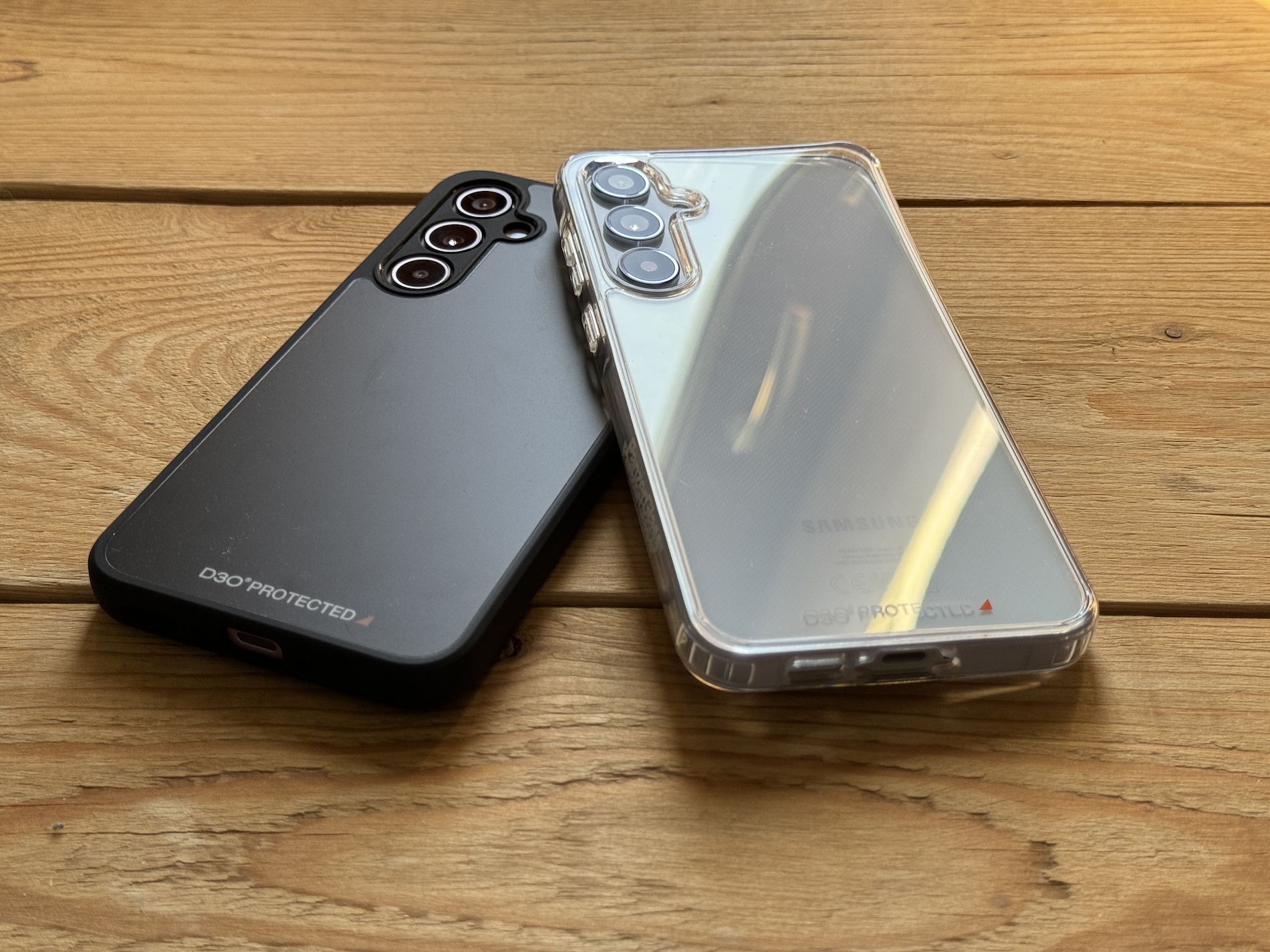
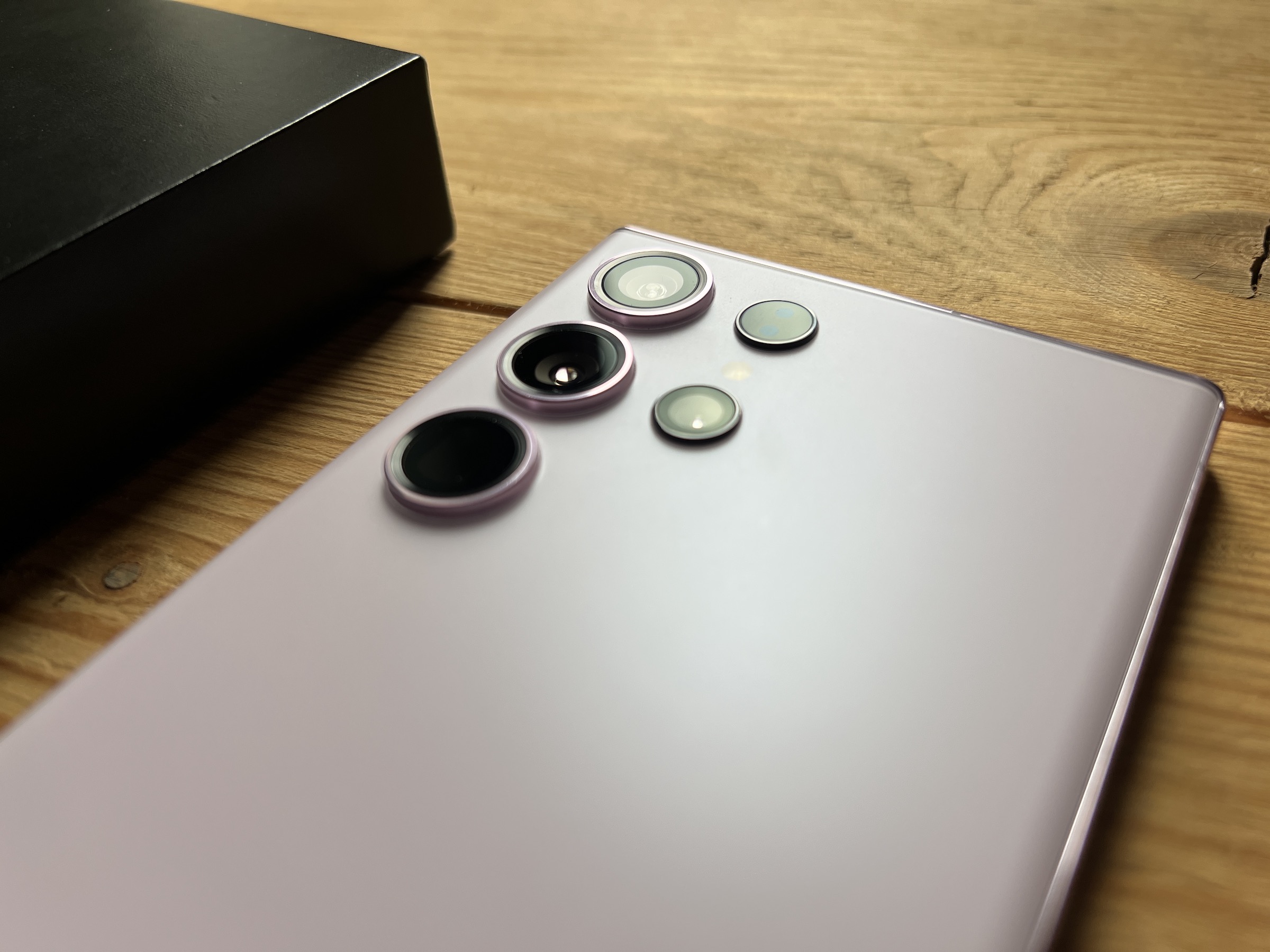
Well, if AKG won't tune the speakers, that's because AKG belongs to Samsung, just like HARMAN
Why do you deliberately have a request for tracking where you require consent that cannot be granted otherwise than consent, because first it is covered by an ad where when you click cancel it automatically mysteriously clicks on consent under the ad and when the phone is also turned to landscape, it overlaps again that it is simply not possible to opt out of your tracking. I am asking you to correct it and if you want I will also send a screen/video.
They play pretty solid, it suits me. I never had a problem with the sound on the flag.
I currently have the ROG Phone 22s with the 5 ultra before that. The quality of speakers and sound is very different. And in favor of asus! Samsung could go wild with this quality sound.
And one could write more and more.
Samsung had quality phones from the i8910hd to the s3 and note 3... Then maybe even more series. And then it went downhill.
And I know what I'm writing about. I had them all.!
This is another article about nothing. To write at such length about the fact that Samsung is very proud to cooperate with a foreign company and that it owns would-be "premium" Hifi brands, someone has to have a mind for that. Samsunf still can't take pictures properly and the speakers in mobiles play horribly in all Samsungs, perhaps only the S20U and now the S23U, which show at least a hint of depth.. When someone tells Samsung that the shutter speed is more important than the Mpx and it could be just that cooperation with Leica or others, then, maybe, Samsung, will take better photos. And when he gets his speakers tuned by, say, B&O, maybe they'll even have bass. 🤟🏻